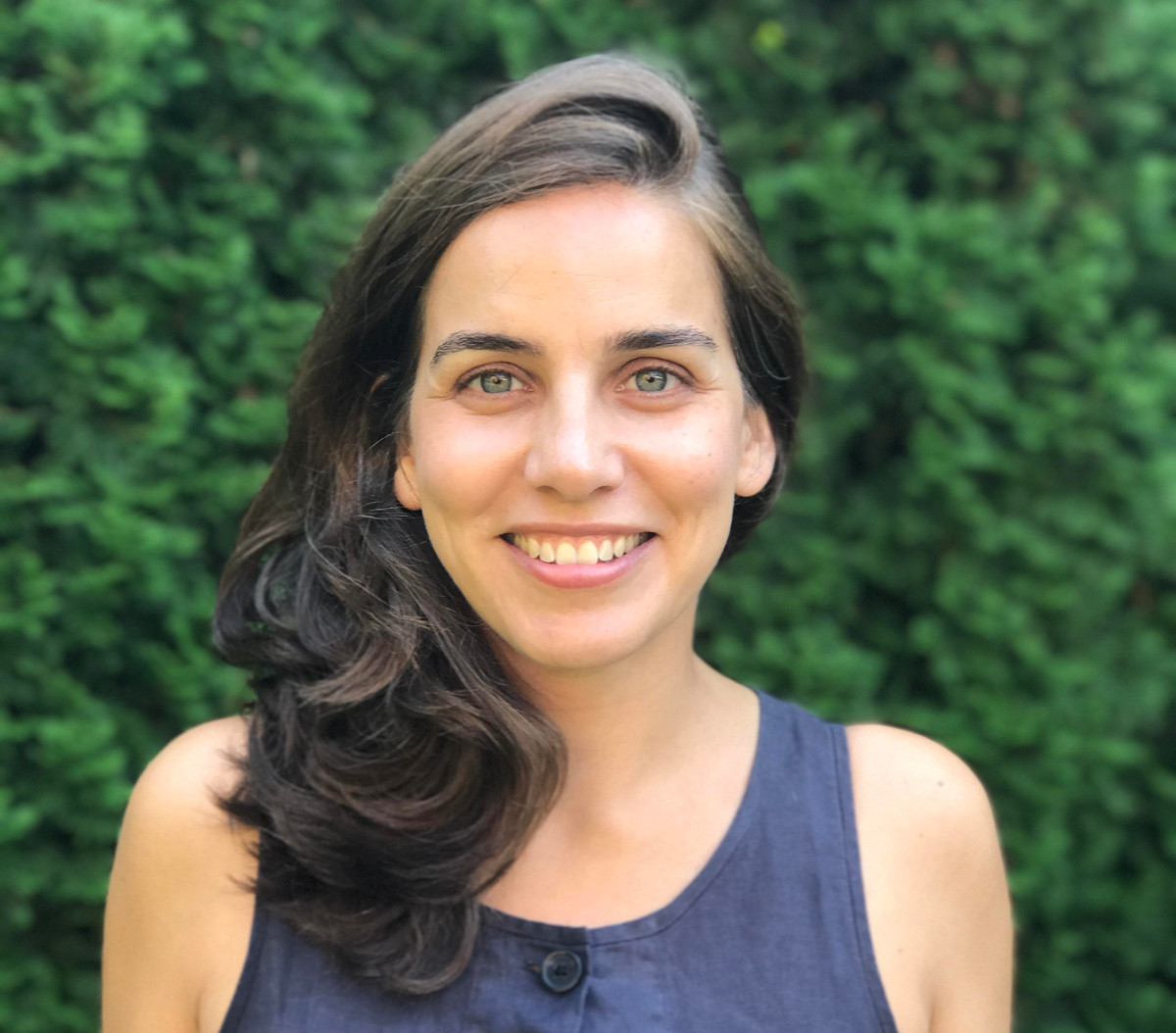COURSE AUTHOR
Kimberley Landrigan

Kim Landrigan is a Capacity Development Specialist at the Center for Biodiversity and Conservation at the American Museum of Natural History.
A major in English Literature at the University of Virginia, Kim’s life changed course after a summer working at a horseback safari camp in the Okavango Delta, Botswana. There, while on lookout for predators and other potential trouble as the horses grazed in the Delta, she fell in love with the natural world. Upon returning to the United States, a chance meeting with Dr. Eleanor Sterling, Chief Conservation Scientist at the Center for Biodiversity and Conservation (CBC), resulted in an internship at the Museum and the rest is history.
In 2004, Kim joined the Network of Conservation Educators and Practitioners (NCEP), the CBC’s signature conservation capacity development program which aims to improve the availability and quality of conservation education worldwide. Her English background came in handy as NCEP Production Manager, when tasked with overseeing the development and publication of NCEP’s open access teaching resources on diverse topics in conservation biology. She continued as NCEP Editorial Specialist (2007-2009) while studying at Yale for a Master’s in African Studies, where she combined Anthropology courses with environmental studies and researched the success of a community-based conservation initiative in Tanzania. Upon completing her degree, Kim returned to the Museum as NCEP Assistant Director and Coordinator for Africa (2010-2015).
At this stage, NCEP had active projects all over the world and Kim oversaw their work in Madagascar, a widely-recognized global hotspot that simultaneously faces severe threats to biodiversity and a lack of trained individuals to address them. In Madagascar, NCEP convened Malagasy university educators and professional trainers to develop locally relevant teaching resources on high priority conservation topics, such as endangered species management. Most recently, Kim has served as CBC Assistant Director for Capacity Development (2015-present) and been active in developing NCEP’s Conservation Teaching and Learning Studios, which convene university faculty from around the world to train in evidence-based techniques for teaching conservation science. Her current responsibilities include providing leadership for strategic planning and developing new collaborations, curriculum development, and all editorial aspects of the NCEP program.
Kim is particularly interested in the diverse relationships between people, cultures, and biodiversity, and how to best teach post-secondary students—the next generation of conservation biologists, practitioners, and policymakers—the skills they will need to be effective professionals and responsible citizens. “What we need are critical thinkers—in the classroom, in the field, at the polls—who are able to understand the complex and ‘wicked’ nature of many conservation problems, as well as recognize the subjective nature of success.”